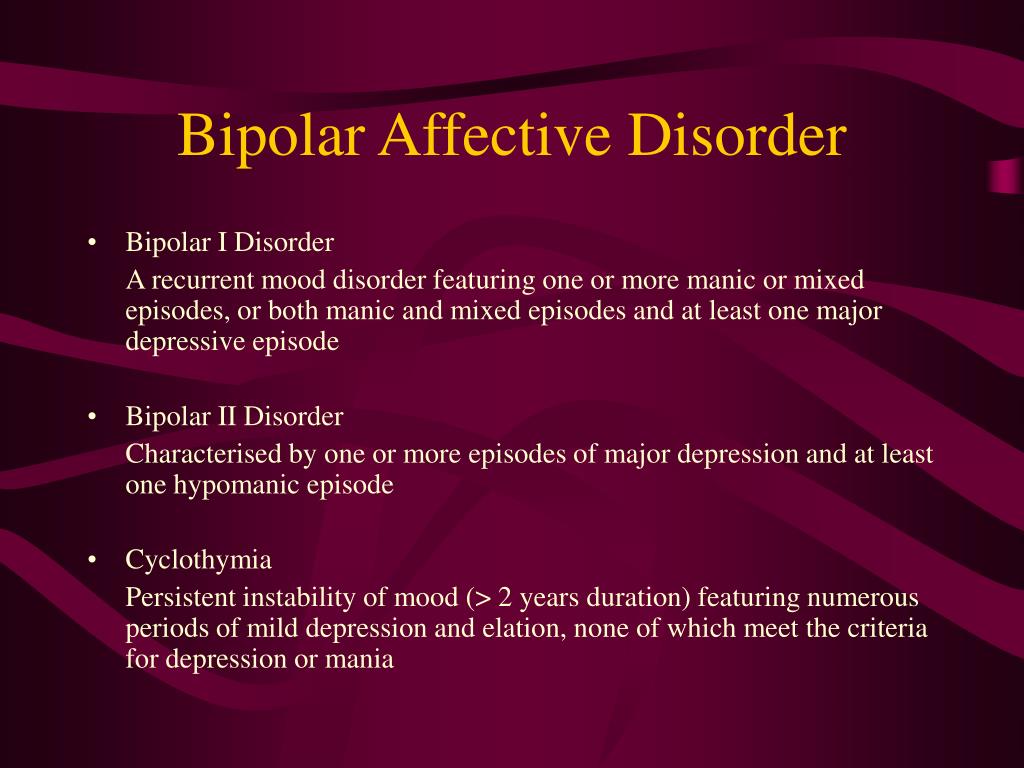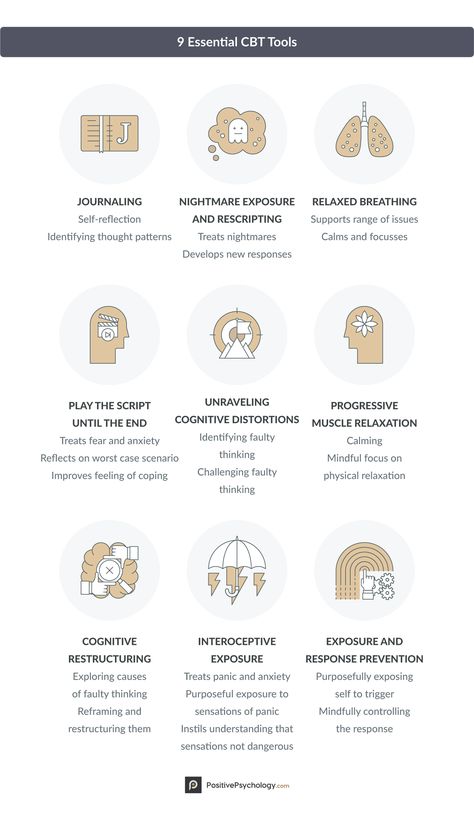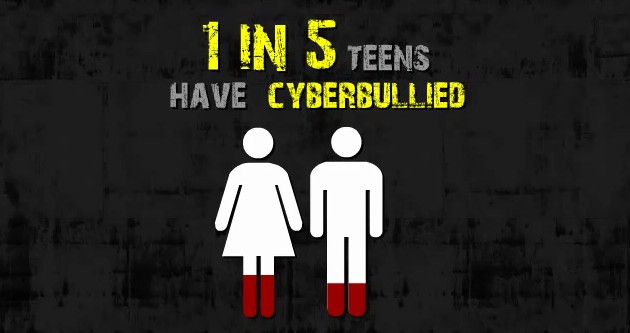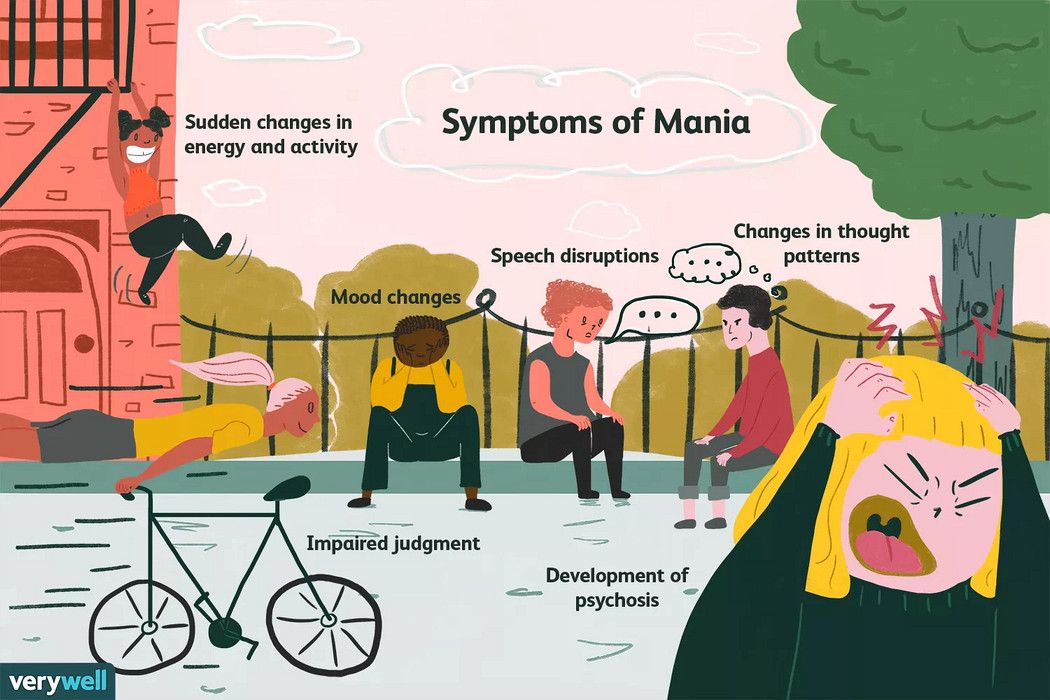You are angry
Why am I so angry?
Anger tells us we need to take action to put something right. It gives us strength and energy, and motivates us to act.
But for some people, anger can get out of control and cause problems with relationships, work and even the law.
Long-term, unresolved anger is linked to health conditions such as high blood pressure, depression, anxiety and heart disease.
It's important to deal with anger in a healthy way that doesn't harm you or anyone else.
How common are anger problems?
In a survey by the Mental Health Foundation, 32% of people said they had a close friend or family member who had trouble controlling their anger and 28% of people said they worry about how angry they sometimes feel.
Even though anger problems can have such a harmful effect on our family, work and social lives, most people who have them don't ask for help. In the same survey by the Mental Health Foundation, 58% of people said they didn't know where to seek help.
Sometimes people don't recognise that their anger is a problem for themselves and for other people. They may see other people or things as the problem instead.
What makes people angry?
Anger is different for everyone. Things that make some people angry don't bother others at all. But there are things that make lots of us feel angry, including:
- being treated unfairly and feeling powerless to do anything about it
- feeling threatened or attacked
- other people not respecting your authority, feelings or property
- being interrupted when you are trying to achieve a goal
- stressful day to day things such as paying bills or rush hour traffic
Anger can also be a part of grief. If you are struggling to come to terms with losing someone close to you, the charity Cruse Bereavement Care Scotland can help.
How we react to anger
How you react to feeling angry depends on lots of things, including:
- the situation you are in at the moment – if you're dealing with lots of problems or stress in your life, you may find it harder to control your anger
- your family history – you may have learned unhelpful ways of dealing with anger from the adults around you when you were a child
- events in your past – if you have experienced events that made you angry but felt you couldn't express your anger, you may still be coping with those angry feelings
Some people express anger verbally, by shouting. Sometimes this can be aggressive, involving swearing, threats or name-calling.
Sometimes this can be aggressive, involving swearing, threats or name-calling.
Some people react violently and lash out physically, hitting other people, pushing them or breaking things. This can be particularly damaging and frightening for other people.
Some of us show anger is passive ways, for example, by ignoring people or sulking.
Other people may hide their anger or turn it against themselves. They can be very angry on the inside but feel unable to let it out.
People who tend to turn anger inwards may harm themselves as a way of coping with the intense feelings they have. Young people are most likely to self harm.
The difference between anger and aggression
Some people see anger and aggression as the same thing. In fact, anger is an emotion that we feel while aggression is how some of us behave when we feel angry.
Not everyone who feels angry is aggressive, and not everyone who acts aggressively is angry. Sometimes people behave aggressively because they feel afraid or threatened.
Read more about anxiety, fear and controlling your anger.
Alcohol and some illegal drugs can make people act more aggressively.
If uncontrolled anger leads to domestic violence, or threatening behaviour within your home, talk to your GP or contact a domestic violence organisation such as:
- Refuge
- Scottish Women's Aid
- Abused Men in Scotland
- The LGBT Domestic Abuse Project
- Survivor Scotland
How can I handle my anger better?
For more advice on dealing with anger, you can:
- read about how to control your anger
- download the Mental Health Foundation's Cool Down: anger and how to deal with it leaflet
- visit Mind's website for tips from the charity on dealing with anger in a healthy way
Are You Angry? | Psychology Today
Source: Tahiro Achoub/Unsplash
"If I understood why I was angry, I wouldn't be talking to you," said Robert while clenching his teeth.
"I go from 0 to 100 in a flash," he continued, without allowing me to interject. I listened attentively as Robert attempted to dominate the session.
I listened attentively as Robert attempted to dominate the session.
I work with a lot of people who suffer from unhealthy anger. It resonates with me because I struggled with anger until I was a young adult. This anger often manifested in outward aggression such as punching walls and other destructive behavior. I had been referred to as a "ticking time bomb" by a family member. I started to accept anger as part of my temperament, which only exacerbated my plight.
I use the term anger to refer to a spectrum ranging from mild irritability to rage. One of the challenges in treating people with anger is that it is not clearly defined as a disorder. As Moghadasin (2019) asserts, anger is associated with a wide variety of psychiatric disorders. We commonly find features of anger in diagnoses such as oppositional defiant disorder and intermittent explosive disorder (American Psychiatric Association, 2013). However, we can also find features of anger in depression as well as posttraumatic stress disorder.
The treatment of anger can look different depending on the context. However, I do think there are some general ideas worth considering:
Avoiding "Angry" Labels
Labels—such as "ticking time bomb"—put us in a rigid box that is hard to escape. The only way someone can be an "angry" person is if they are angry all of the time. I have never met a person that was angry every waking moment of the day. It may be more helpful to view yourself as a person who sometimes gets angry and that anger does not make up your entire identity.
Journaling
Journaling promotes greater self-awareness. As mentioned by Robert, he perceives himself as escalating from a balanced state to rage quickly. However, consistent journaling can uncover both stressors and seemingly imperceptible steps that take us to heightened emotions. In my own life, I noticed that my abdomen used to tense, my body would feel light, and I would start to pace. Recognizing these physiological symptoms allowed me to intervene before losing my temper.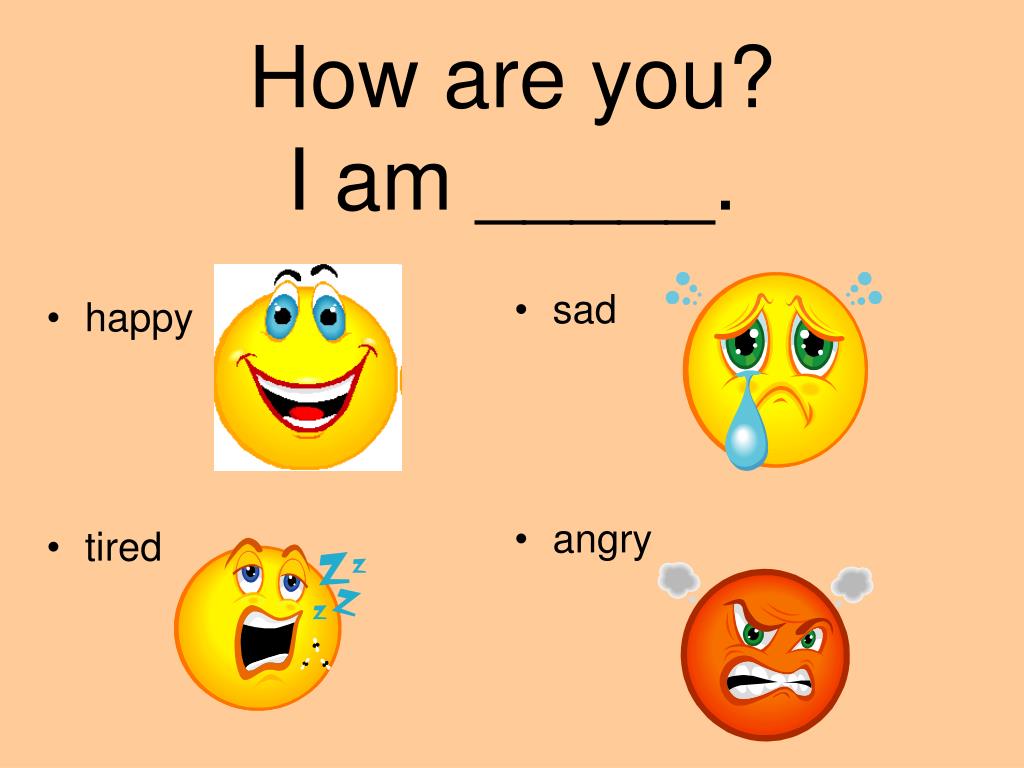
I would suggest answering three basic questions in a daily journal entry. What happened (the frustrating event)? How did I feel (the emotion along with specific bodily sensations)? What need was I trying to meet (e.g., to feel heard, to defend myself)? You will gain better insight by noticing patterns in your thinking and behavior.
Cognitive Restructuring/Reframing Thoughts
Cognitive-behavioral interventions are often used for anger management (Lee & DiGiuseppe, 2018). Cognitive restructuring is a way of responding to unhelpful thoughts with more helpful ones. One way to do this is to avoid absolute statements such as "should" or "must." These statements lead to us feeling distressed. If I thought that the weather must be sunny tomorrow, I would become frustrated when I woke up and it was gloomy. A more related example can be taken from someone bumping into you while you are walking. Your immediate thought might be, "This person disrespected me; people must respect me.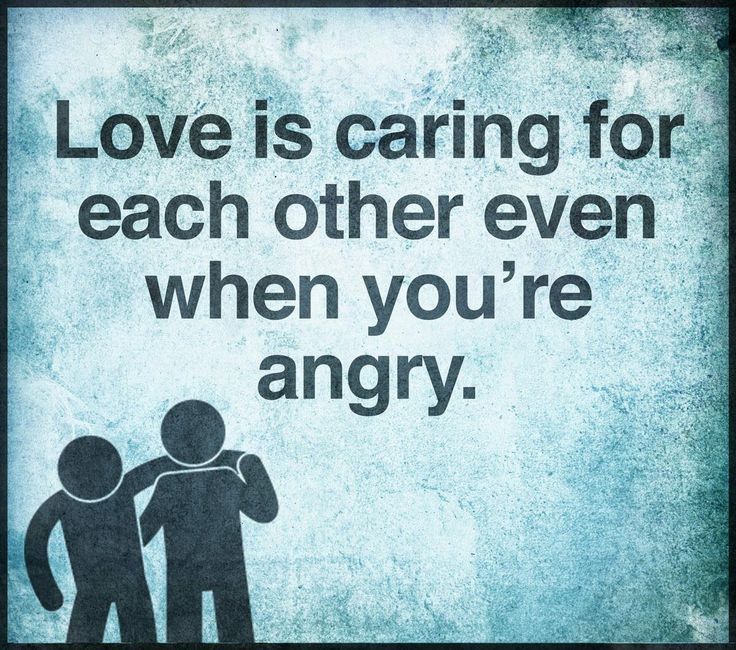 " A better way to think of it is that "I would prefer if people respect me, but I don't have control over what people do."
" A better way to think of it is that "I would prefer if people respect me, but I don't have control over what people do."
Another way to do this—using the same example above—is to remind yourself that people behave the way they do for a variety of reasons. The chance that they bumped into you to offend you is just one of the plethora of potential reasons. Upon further investigation, you might find that the perceived transgression has nothing to do with you.
Problem-Solving
A study of more than 400 adolescents found that problem-solving can act as a potential mediator between anger and aggression (Kuzucu, 2016). This one is simple but underutilized. An important question to use when you are angry is, "What can I do about it?" A situation has occurred that you are not pleased with and now you are in a position to think through alternate solutions.
Relaxation Techniques
In a previous article, I spoke about calming strategies such as deep breathing and progressive muscle relaxation. It is important to practice utilizing these tools when you are at mild levels of disturbance as opposed to when you have lost control.
It is important to practice utilizing these tools when you are at mild levels of disturbance as opposed to when you have lost control.
A final thought is that learning how to communicate your needs effectively is also a great way of mitigating anger. I wrote a book called Speak: A Simple Guide to Public Speaking that highlights my journey to becoming an effective communicator and strategies that others can follow to do the same. Articulating yourself clearly decreases the need for the actions associated with anger.
I shared this post because I am familiar with the role that anger plays in the lives of many people. How have you managed anger in your own life?
Source: Andrei Shiptenko/Unsplash
GDZ Russian language Grade 11 Grekov VF §82 Question 444 Write down, punctuating; underline appeals. – Rambler/class
How to answer?
Write with punctuation marks; appeals underline
.
I. 1) Tell Petya better about the planets || 2) What
are you angry Varya || 3) Goodbye house || Goodbye old life
|| 4) Let's go dear let's go || 5) Dear Maria
Vladimirovna Masha received a letter from you and briefly told me its contents || 6) I am writing to you dear
Alexey Sergeevich returning from hunting || 7) Dear
Ivan Maksimovich || A couple of weeks ago I sent a new one-act play
Unwillingly Tragic to censorship and probably already approved ||
(From the plays and letters of A. Chekhov)
Chekhov)
II. 1) I saw you hills and fields || (P.) 2) Forgive the free villages and the land of the fathers and the quiet Don || (P.) 3) About the sea whom
should I call to battle || (А.К.Т.) 4) Reader friend, I will not break the terms of friendship dear
|| (Tward.) 5) Boldly brothers ||
The storm is full, straight and strong my sail || (Lang.) 6) I greet you -
a devastated house, withered oaks lying around -
and a blue sea and you steep cliffs and lush before
a garden - deaf and wild || (А.К.Т.) 7) O my knight || I envy you
|| (P.) 8) Your holy sentence is not right about the sky || (L.)
III. 1) How wonderful you are and how good you are in your noise -
wonderful city || 2) Volga river Volga mother
you are not without reason dear to us || 3) We are for peace || And we will carry this song
world friends, let it sound in people's hearts || 4) Stand up in defense of the world || Rows of crowds, country to country ||
5) Don't give me a red sarafan, mother, don't go in, give birth to
May in vain into a flaw || 6) Why are you standing swaying thin mountain ash
with your head bowing to the very tyna || 7) Ah, my soul, are you
darling || Why are you sitting || What do you think || Ali speech is not my heart
|| 8) That you grass turned yellow early || What are you
flowers flew around early || What are you so beautiful lost weight:
sunken scarlet cheeks turned pale.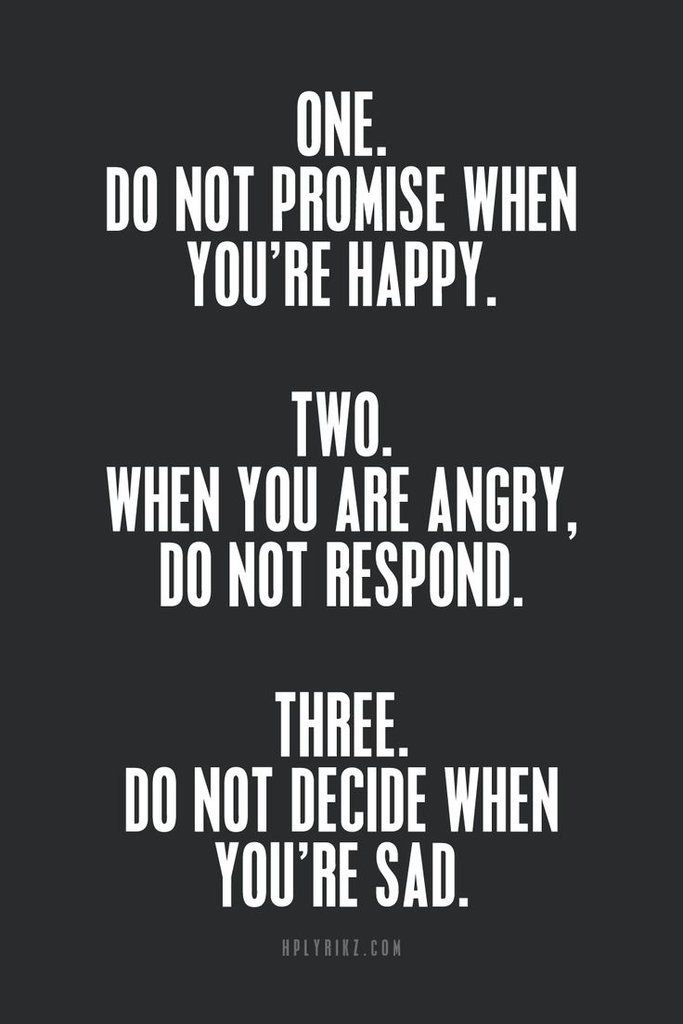 ..
..
(From songs)
Answer like this :)
I. 1) You, Petya, tell us better about the planets. 2) Why are you angry, Varya? 3) Farewell, house! Farewell, old life! 3) Let's go, dear, let's go! 5) Dear Maria Vladimirovna, Masha received a letter from you and briefly told me its content. 6) I am writing to you, dear Alexei Sergeevich, after returning from hunting. 7) Dear Ivan Maksimovich! A couple of weeks ago, I sent it to the censors, and, probably, the new one-act play "A Tragedian Willy-nilly" has already been approved.
II. I) I saw you, hills and fields! 2) Excuse me, free villages, and the land of the fathers, and the quiet Don! 3) About the sea, who should be challenged to fight?
2) Reader, friend, I will not break the terms of friendship dear. 5) Feel free, brothers! The storm is full, straight and strong my sail! 6) I greet you, devastated house, withered oaks lying all around, and the blue sea, and you, steep cliffs, and the previously lush garden - deaf and wild! 7) Oh my knight! I envy you! 8) Yours is not right, oh heaven, the holy sentence!
III. 1) How wonderful you are and how good you are in your noise, wonderful city! 2) Volga River. Mother Volga, you are dear to us for a reason! 3) We are for peace! And we will carry this song, friends, around the world, let it sound in the hearts of people! 4) Stand up in defense of the world, people! Closer rows, country to country! 5) Do not sew me, mother, a red sundress, do not enter, dear, in vain into a flaw. 6) Why are you standing, swaying, thin mountain ash, bowing your head to the very tyn? 7) Ah, are you my soul, my dear! What are you sitting? What do you think? Ali is my speech not to my heart? 8) Why are you early, grass. turned yellow? What are you early, flowers, flew around? Why are you so, beautiful, lost weight: scarlet cheeks sunken, turned pale ...
1) How wonderful you are and how good you are in your noise, wonderful city! 2) Volga River. Mother Volga, you are dear to us for a reason! 3) We are for peace! And we will carry this song, friends, around the world, let it sound in the hearts of people! 4) Stand up in defense of the world, people! Closer rows, country to country! 5) Do not sew me, mother, a red sundress, do not enter, dear, in vain into a flaw. 6) Why are you standing, swaying, thin mountain ash, bowing your head to the very tyn? 7) Ah, are you my soul, my dear! What are you sitting? What do you think? Ali is my speech not to my heart? 8) Why are you early, grass. turned yellow? What are you early, flowers, flew around? Why are you so, beautiful, lost weight: scarlet cheeks sunken, turned pale ...
Are you angry or withdrawn: how to communicate with your partner when you are hurt
When people get hurt, they often act counterproductively. It's either withdrawal or aggressiveness. This tactic is erroneous, since it is extremely difficult to solve the problem in this way. You need to take a few right steps, and the situation will improve on its own.
You need to take a few right steps, and the situation will improve on its own.
Tune in for a positive outcome
Some people mistakenly believe that expressing their emotions will definitely end badly. That is, you will not say anything and prefer to shut up, plunging into your resentment. Or you will begin to make claims, and this will also not find adequate understanding. If you think like this, the problem will not be solved, it will go into the status of chronic. And someday, when there is no strength left to endure, you will express everything that has accumulated. After this, the relationship can not only worsen, but even stop altogether. To prevent this from happening, imagine the kindest dialogue that can only happen between you and your partner. Be sure that he understands you, and if not, you can explain everything to him. Setting yourself up for a positive outcome will help your conversation become more constructive. Your approach and energy will in every possible way contribute to the fact that everything will work out in the best possible way.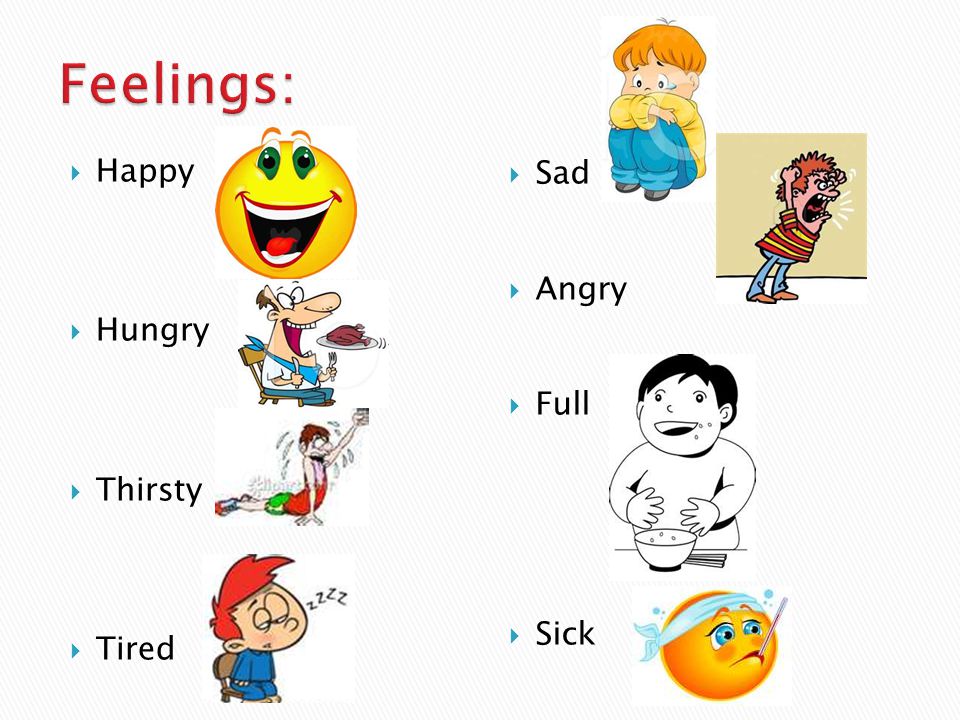
Express your feelings correctly
When starting a conversation about what is bothering them, many people begin to explain how they were offended. That is, what exactly did the partner do wrong, which served as a reason for resentment. Since the natural reaction of any person is protection, the partner will begin to make excuses. And this does not mean that he admits his guilt and repents. On the contrary, he will try to prove his case. Not the fact that it will be as tactful as possible and in a calm tone. If you start justifying your feelings (“I was offended because you ...” or “I hurt because you ...”), this will also not lead to anything good. It's better to just say that you are hurt or sad, upset or sad. And all this without conditions. You should not blame anyone and do not justify your emotions, everything is clear. Something unpleasant happened, you need to calm down together, and then do an error analysis. And as tactfully as possible.
Tell us about your plans
Don't expect your partner to guess your plans. That is, an extraordinary situation happened, and you were offended. There is no need to exaggerate the offense and present the situation in an overly exaggerated form. Voice your solution to the problem, just say what you want. This will be enough for your partner to understand you. You should not waste time and energy justifying emotions, as well as something with which you do not agree. Your plans will mean that you want to build relationships and do it as quickly and efficiently as possible (so that the problem is solved).
That is, an extraordinary situation happened, and you were offended. There is no need to exaggerate the offense and present the situation in an overly exaggerated form. Voice your solution to the problem, just say what you want. This will be enough for your partner to understand you. You should not waste time and energy justifying emotions, as well as something with which you do not agree. Your plans will mean that you want to build relationships and do it as quickly and efficiently as possible (so that the problem is solved).
Accept your partner's point of view
Be sure to listen to your partner when you offer your suggestion. Since you have not blamed, reproached or insulted him, he will not have the desire and need to defend himself. That is why, most likely, he will follow your example and also calmly voice his point of view to you. If he has a desire to remember what he did wrong (without your reminder), and what served as an insult, give him such an opportunity. Maybe he did it by accident, without thinking, but now he sincerely repents of it. Most likely, he will do just that, because you behaved as wisely as possible. Perhaps he has his own opinion on this matter, which does not coincide with your point of view. In this case, also do not be nervous, keep calm and try to find a compromise. If there is mutual understanding between you, it will not be difficult to do this.
Maybe he did it by accident, without thinking, but now he sincerely repents of it. Most likely, he will do just that, because you behaved as wisely as possible. Perhaps he has his own opinion on this matter, which does not coincide with your point of view. In this case, also do not be nervous, keep calm and try to find a compromise. If there is mutual understanding between you, it will not be difficult to do this.
Instead of confinement
In general, people do not hurt each other on purpose, especially when it comes to relationships between lovers. That is why you need to stay wise and always hope for the best. For this you need a little. Just a conversation in a calm atmosphere and in a friendly tone. The opportunity to express what is currently worrying will offer their own version of the solution to the problem and listen to the point of view of a loved one. If you do this every time there is some misunderstanding, it will never come to a real serious problem.


